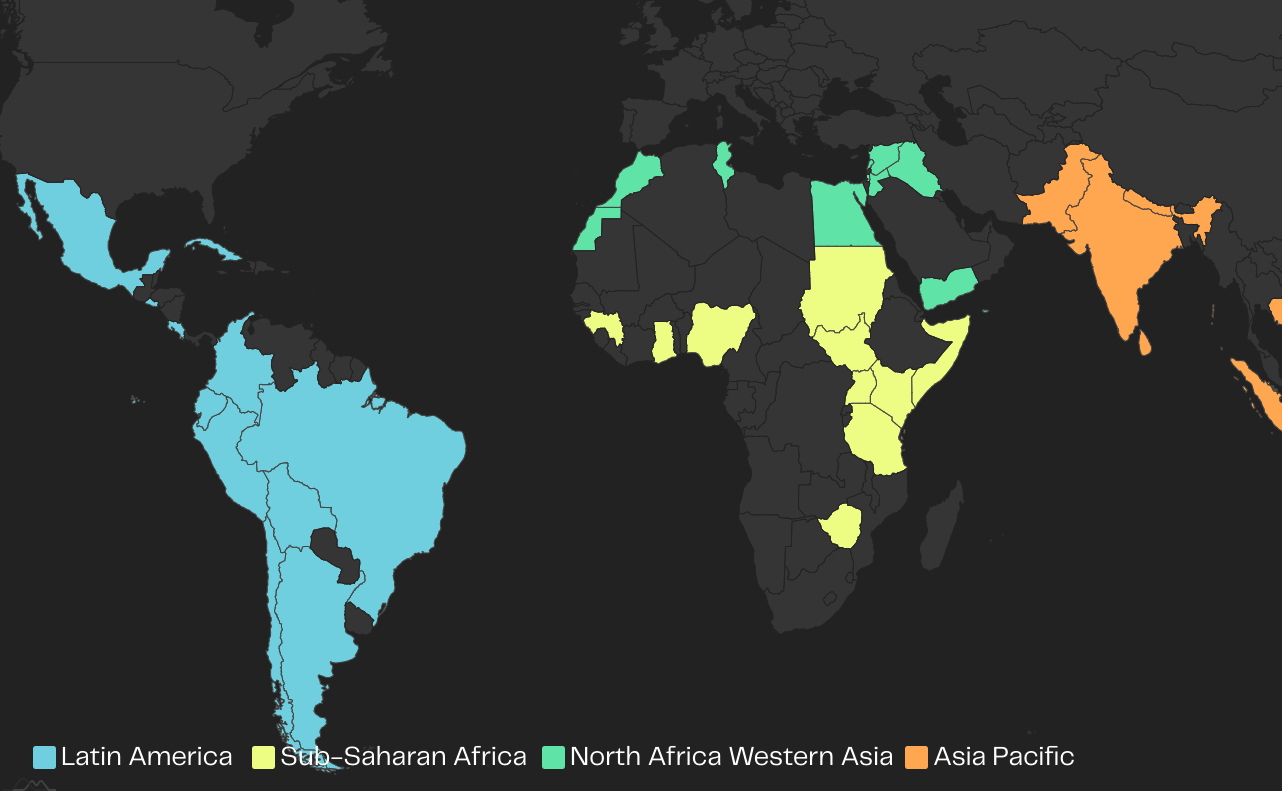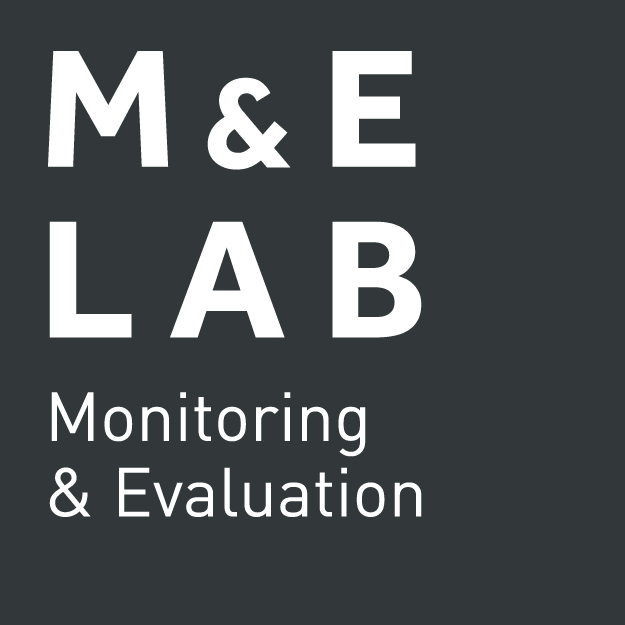Check Global: Developing Investigative Citizen Journalism in the Arab Region
Overview:
This project brings together researchers at Birmingham City University and BCMCR with Meedan, a US-based non-profit organisation, specialising in the design and development of online media and technology tools, such as Check and Bridge. Launched in 2011, the Check project initially engaged, trained and worked with over 3,000 mainstream media journalists, citizen journalists and media and transparency activists in Lebanon, Syria, Jordan, Egypt and Palestine, seeking to develop media literacy tools and new media skills among its main target audiences. As the project has expanded significantly in recent years to ‘Check Global’, this now involves 22 countries across four regions, as of 2021.

Methods:
The project had three main guiding objectives to use as basis for our evaluation:
- Improved collaboration between grassroots media, journalism schools, and transparency advocates in the regions, to promote journalism best practice.
- Journalists and transparency advocates equipped with improved digital tools.
- Journalists and journalism students equipped with improved journalism skills. All these outcomes had to be tracked with some sensitivity and understanding that media partners were often operating in post-revolution, conflictual, insecure and highly unstable contexts.
The Lab’s current focus is on assessing the extent to which this project has enabled and empowered community partners to expand their reach within networks and communities of media activists, in order to connect with and train more citizen journalists and transparency media advocates in their respective geographic areas. Part of this work is quantitative, through identifying a set of training indicators to measure against, including specific numbers of trainees, age groups, gender and geographic coverage metrics. We also seek to capture qualitative responses from the partners on the performance, engagement and relevance of the project activities, through monthly partners meetings, one-on-one structured interviews and pre/post-events online surveys and questionnaires.
Outcome:
Our monthly meetings with partners, and our ability to keep on track with ongoing partnerships, events and activities meant that whenever problems occur, we’ve been able to identify them, develop mitigation strategies and assist with building new relationships with partners in less insecure areas as necessary. Our qualitative methods have helped understand narratives of ‘training the trainers’ in these citizen journalism interventions, as well as the benefits for the trainees themselves. In addition to the funding organisation reporting requirements, we have used our involvement in the Check project as the basis for an impact case study for BCMCR REF 2021 returns.
Testimonial:
Meedan’s work on media development and social technology has been guided and improved by our close partnership with the M&E Lab at BCMCR, their work is rigorous, innovative, and in our experience unique in its attention to evaluation and strategy.
Ed Bice, Meedan


